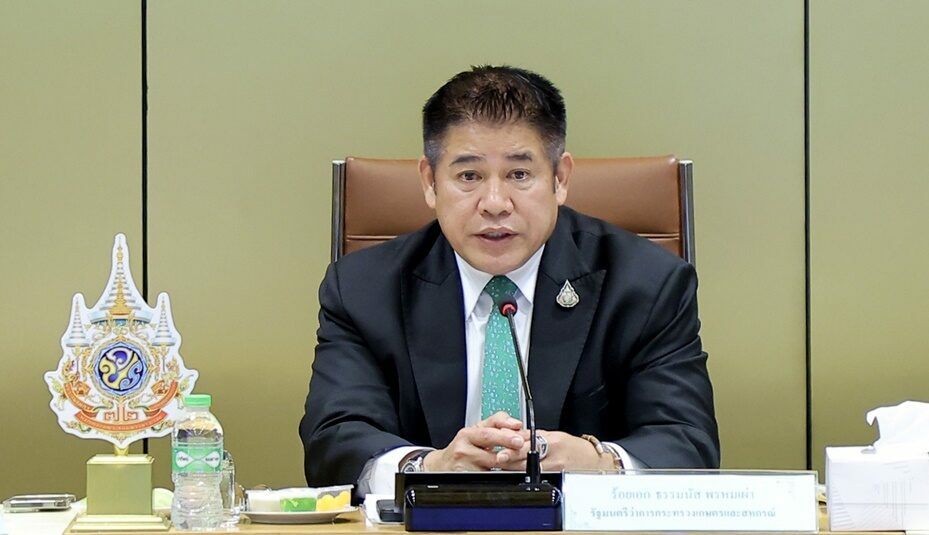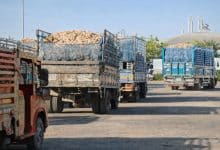Thailand boosts farmer income with new training initiatives

The Thai Ministry of Agriculture and Cooperative, led by Thammanat Prompao, announced new professional development and marketing initiatives to boost farmer income and increase agriculture technology knowledge.
The recently held first meeting of the Subcommittee on Career Development and Marketing focused on improving agricultural livelihoods through training in production, marketing, and career development.
The project aims to address land use issues for farmers under the government’s community land allocation programme for the 2023 fiscal year.
The programme’s activities include comprehensive training to increase farmers’ skills and readiness, thus boosting their productivity. Initial results show that 1,741 participants in the programme earned an average income of 43,842 baht per person, an 11.08% increase from the previous average of 39,470 baht per person. This effort is part of the Ministry’s broader strategy to triple farmer incomes within four years.
To achieve this ambitious goal, pilot areas have been designated in 12 provinces, with two provinces selected from each region. Relevant agencies are tasked with planning and promoting career development and marketing strategies that align with the needs of local farmers, ensuring sustainable income growth.
From October to April this year, the ministry, in collaboration with various agencies, has implemented career and marketing promotion activities across 222 areas, benefiting over 9,000 farmers.
The initiatives cover seven key areas: land development and utilisation based on zoning data, water resource development and basic infrastructure, career development and promotion, group promotion, access to financial resources, household accounting promotion, and other supportive activities.
These activities involve knowledge transfer and training in agricultural technology to enhance products and add value. Marketing planning and entrepreneurial skills are also part of the training, aiming to reduce regional disparities.
Additionally, the programme encourages cooperative formation and strengthens existing cooperatives in community land allocation areas, enhancing the social and economic resilience of farmer groups.
The programme also addresses housing development, including public utilities, economic, and social aspects, under the Ban Munkong project in six provinces: Sa Kaeo, Nakhon Phanom, Prachuap Khiri Khan, Chaiyaphum, Nan, and Chiang Rai.
The ministry has directed its internal agencies to expand the Sok Mae Agricultural Cooperative model in Nakhon Phanom. This model, located in the national forest reserves of Pa Dong Mu and Pa Huai Si Khun, focuses on rubber trees and rice cultivation to promote professional and market development for farmers in this region, reported KhaoSod.
Latest Thailand News
Follow The Thaiger on Google News:


























